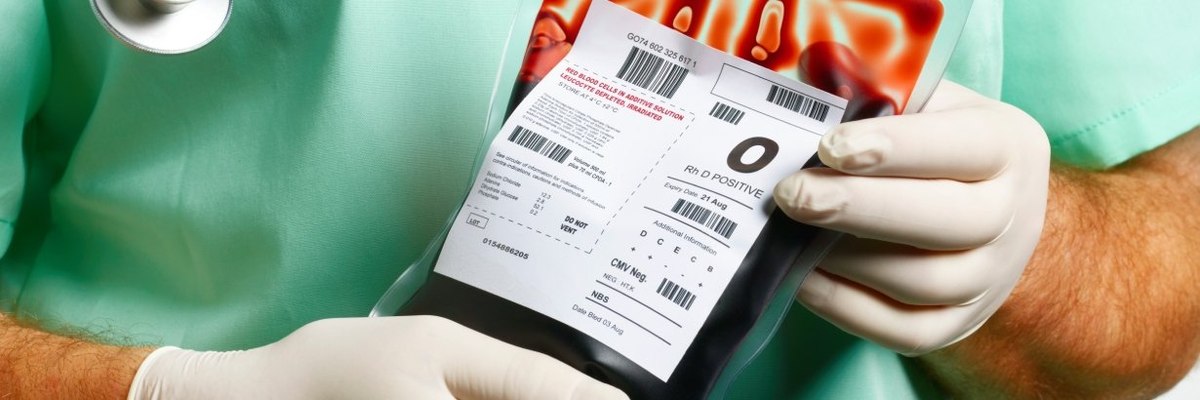More than a third of Britons would donate blood if they were paid to do so
Last month, the NHS issued an ‘amber alert’ after levels of O-type blood – the most common blood type – dropped to critically low levels of just two days’ worth of supply. Usually the NHS has six days’ of stock.
Fortunately, more than 7,500 people registered as new donors following the appeal – the most in the last 20 years – and more than 10,000 donor sessions were booked within the first 24 hours.
A YouGov Political Research conducted at the time of the appeal revealed that only 7% of Britons said they currently donate blood, with a further three in 10 (30%) having donated blood in the past but no longer do so. Most Britons (58%) said they had never given blood.
Half of those aged 65 and over said they were either currently donors (4%) or have donated blood in the past (46%). Rules state that if you have donated blood previously you can continue to do so up to the age of 70. Those aged over 70 need to have given blood in the last two years to continue. While one in nine 18-24 year olds (11%) said they currently donate blood, seven in ten (70%) said they never had.
How often do donors give blood?
Nearly half of all donors (48%) say they give blood regularly, booking three or four sessions a year, while a quarter (27%) attend two sessions a year, 11% just once a year and 9% less than once a year.
Almost half of Britons aged 18 to 24 would donate blood if they were paid to do so
In the UK, blood donation is entirely voluntary and unpaid, but in nations such as the United States, Germany, Austria, and certain provinces of Canada, people are paid for donating blood plasma. With 54 countries collecting more than half of their blood supply from family/replacement or paid donors, the World Health Organization wants a move towards 100% non-remunerated blood donation in every country as bloodborne infections are lowest among voluntary, unpaid blood donors.
But would more Britons donate blood if they were paid to do so? More than a third of those who are currently not donors (37%) say they would be likely to do so, including one in six (17%) who would be “very likely”. Young people in particular are more likely to say they would donate blood for financial reward, with the number of potential donors rising to 47% of non-donors aged 18 to 24 and 46% aged 25 to 49 if money was involved.
Why don’t people donate blood?
When asked to say, in their own words, why they have never donated blood before, the top reason people give is medical reasons and medication, with a quarter (25%) saying they are prohibited from doing so. Conditions that could prevent someone from donating include jaundice, anaemia, low iron levels, previous blood transfusions, and being underweight (in order to donate blood you must weigh between 7 stone, 12 lbs and 25 stone). Twice as many women (34%) say they are unable to give blood due to medical reasons or medication as men (16%).
One in nine Britons who have never donated blood (11%) say it is due to a fear of needles, with a further 7% saying they “never got around to it”. Another 7% believe themselves not to be eligible on grounds of sexuality, low blood pressure and tattoos (donors have to wait four months from the date of a body piercing or tattoo before giving blood).
Rules regarding a donor’s sexuality were changed in December 2020 with guidance now stating that donors who have had one sexual partner and who have been with their partner for more than three months, will be eligible to donate regardless of their gender, the gender of their partner, or the type of sex they have.
Photo: Getty






